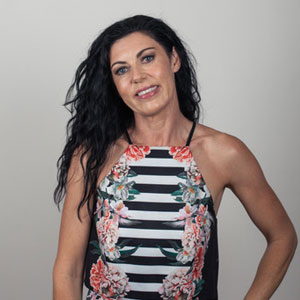Looking After The Skin You’re In
Don’t we all wish we could turn the clock back and regain the skin we had as ‘20 somethings’- fresh, dewy, unlined and radiating health and vitality?
Our skin is our face to the world and as we grow older, the changes which take place are among the most visible signs of ageing. Our vital skin protects us from the environment, helps regulate body temperature, helps with fluid and electrolyte balance and houses receptors for sensations such as touch, pain and pressure.
With the march of time however our skin changes and these changes are mainly related to environmental factors, genetic makeup, nutrition and smoking but the greatest single factor is sun exposure. This can be easily detected just by comparing areas of your body with regular exposure to areas protected from sunlight.
Ageing Changes
As the years progress from the youthful 20’s to middle age, the outer layer (epidermis) thins even though the number of cell layers remains unchanged. The number of pigment-containing cells (melanocytes) decreases, but the remaining melanocytes increase in size. Ageing skin thus appears thinner, more pale and translucent as opposed to that creamy, glowing and succulent skin of youth.
Skin strength and elasticity (elastosis) is reduced with changes in the connective tissue, and is mainly pronounced in sun-exposed areas (solar elastosis). Blood vessels of the dermis become more fragile which can lead to bruising and bleeding under the skin and similar conditions.
Sebaceous glands produce less oil particularly with the onset of menopause and this makes it harder to keep the skin moist.
Other changes include the thinning of the subcutaneous fat layer which provides insulation and padding, and the reduction of sweat by the sweat glands which help regulate body temperature.
Finally, as if all the above aren’t enough, skin injuries and various growths such as warts, skin tags and other blemishes are more common as we age.
Dr Adrian Lim, one of Australia’s leading Consultant Dermatologists and Phlebologists, shares his knowledge about our skin and provides some essential tips for managing one of our most important assets.
In Our 20’s

















